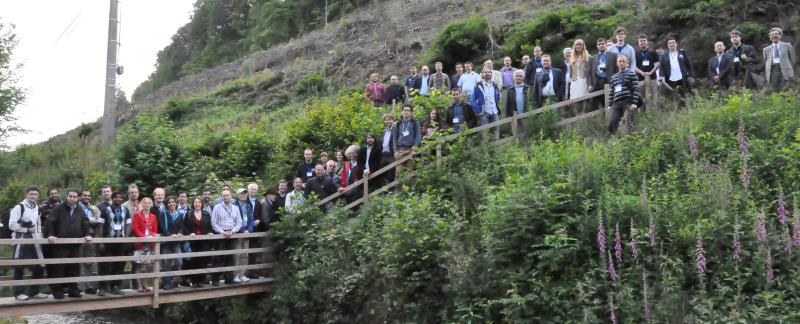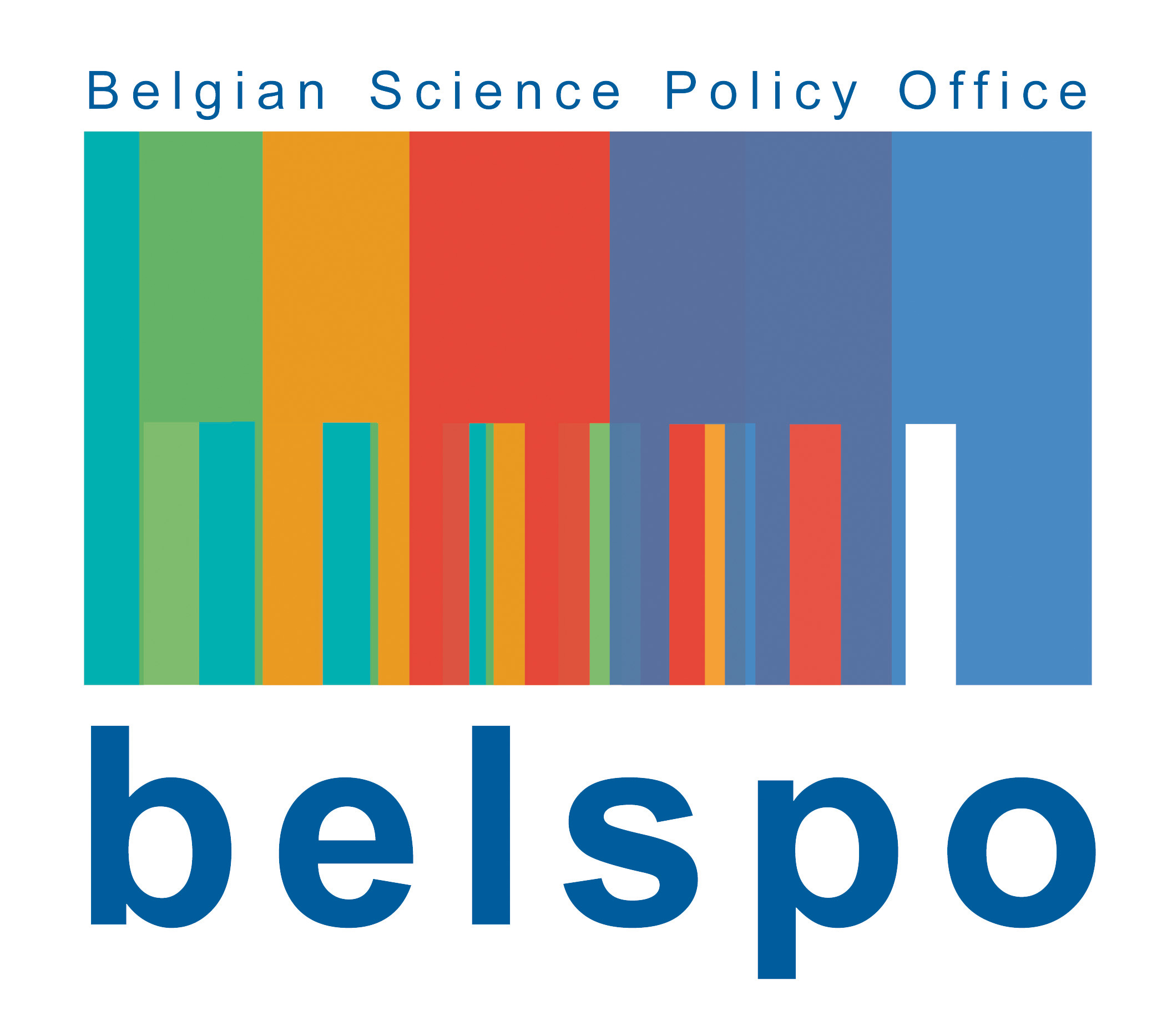The loops affictionated meet in La-Roche in Ardenne for the 6th Coronal Loops Workshop.
 Download higher resolution picture
Download higher resolution picture
The loops workshops are a series of highly focused meetings dealing with the observation and modeling of magnetically confined plasma in active regions. A few review talks will introduce these topics, highlighting recent progress and unresolved questions. Both observational
and theoretical aspects will be covered during each session by contributed talks.
The workshop's main goal is to encourage the discussion among the participants. For this reason the number of talks will be limited, while the poster sessions will be long enough to allow time to view and discuss the others participants' work. We encourage people to submit abstracts related to the topics listed below.
- Heating and high spatial resolution: what we have and what we really need.
- Hi-C and IRIS observations of coronal loops
- Modeling fine structure of coronal loops
- Diagnostic tools: DEMs/EM, Doppler-shifts, plasma, flows and lines profile, importance of energetic particles, filling factor
- What is their time dependence?
- Which of them that can be estimated with sufficient precision to provide unique signature of a heating process?
- Can we identify missing observables (feedback also from theory)?
- Connection of the different layers of the atmosphere.
- Modeling issues in TR.
- Moss and their connection with the chromosphere.
- Direct feeding of corona (e.g. Type 2 spicules).
- Diagnostic tools.
- Energy release in the corona: frequency and magnitude of events.
- Do heating timescales changes in different scenario?
- Is the heating location always the same?
- Where do we stand with dissipation of waves?
- Which are the observables predicted by models and which is their incertitude (due to assumptions, model limitations etc.)?




